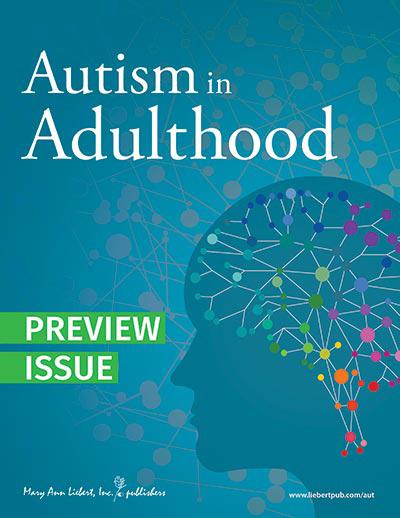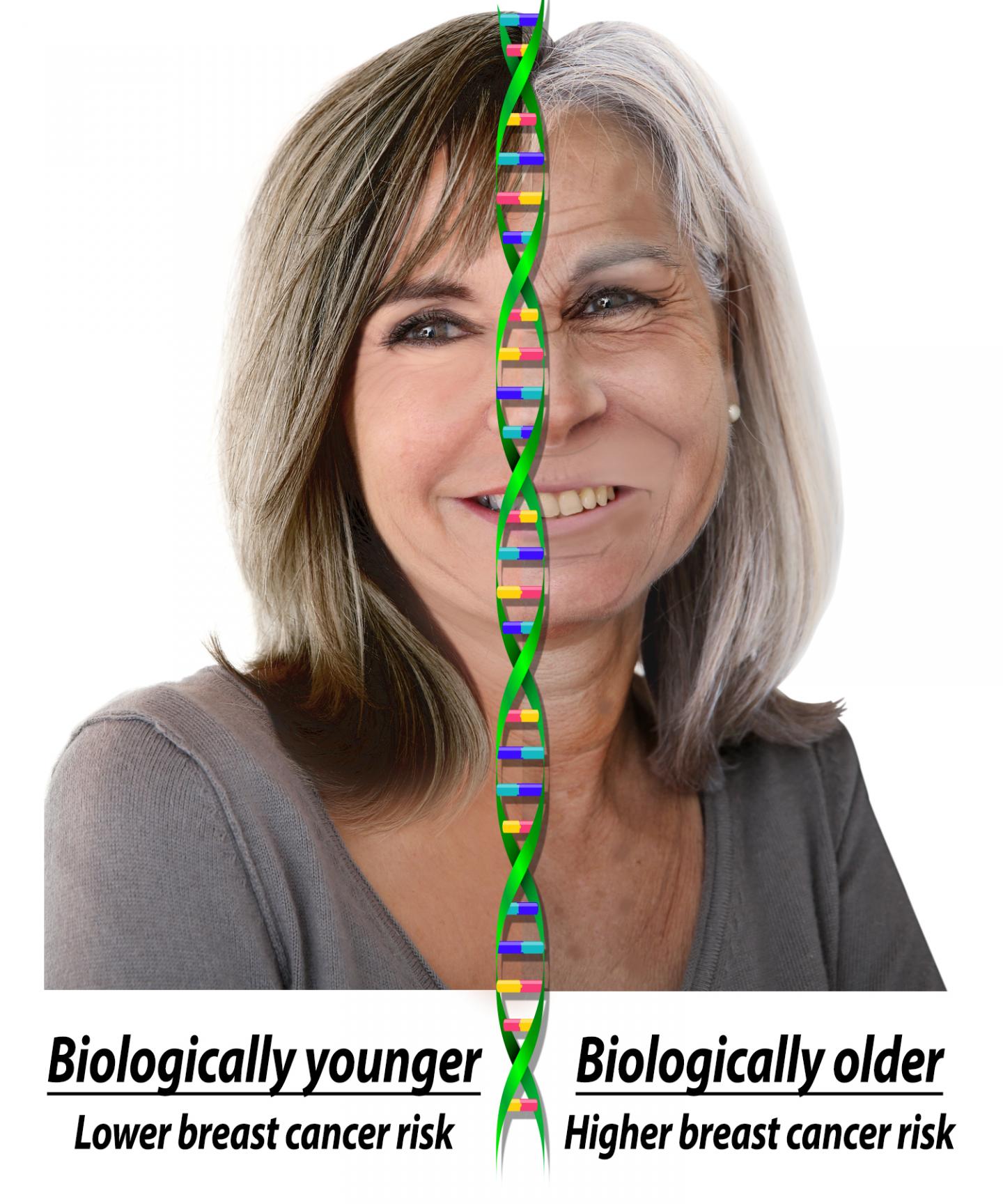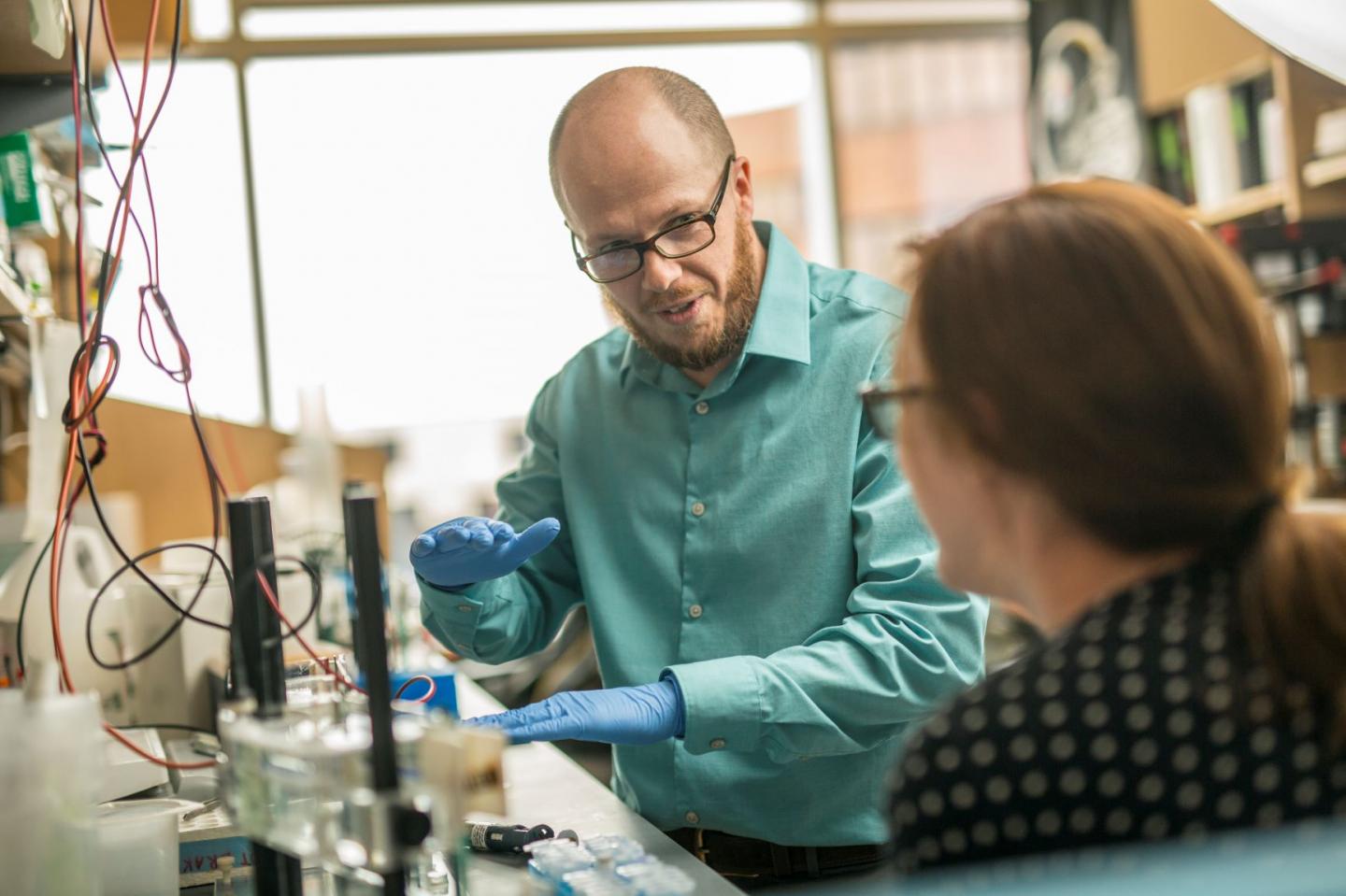UTSA researchers examine patterns of prescription opioid misuse and other substance use
On average, 130 Americans die every day from an opioid overdose and almost 218,000 Americans died from overdoses related to prescription opioids from 1999 to 2017, according to the Centers for Disease Control and Prevention (CDC). Researchers at The University of Texas at San Antonio (UTSA) have studied the opioid epidemic in a representative sample…
Details









